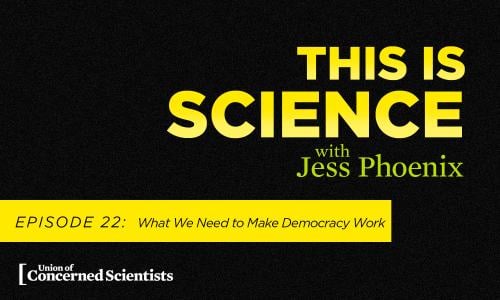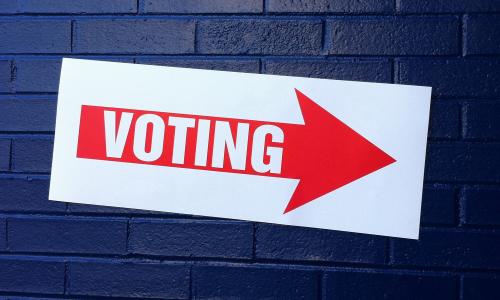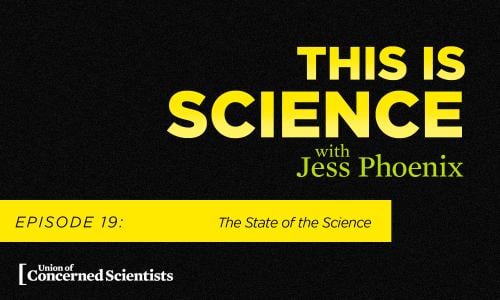NOTE: The following is one of a series of over 100 case studies produced by the Union of Concerned Scientists' Scientific Integrity Program between 2004 and 2010 to document the abuses highlighted in our 2004 report, Scientific Integrity in Policy Making.
The Centers for Disease Control (CDC) agreed to a politician's request that it insert a pro-abstinence speaker on a panel discussion at the 2006 National STD Prevention Conference in Jacksonville, Fla. The CDC changed the panel’s title from "Are Abstinence-Only-Until-Marriage Programs a Threat to Public Health?" to "Public Health Strategies of Abstinence Programs for Youth." The changes were made in response to a complaint by Representative Mark Souder (R-IN), a proponent of abstinence-only education, that the original panel lacked balance.
The Washington Post reported that Bruce Trigg of the New Mexico Department of Public Health, the panel’s original organizer, said the original panel was not intended to be a balanced critique but to present public health concerns about abstinence programs. "It is unprecedented that this type of interference takes place at a scientific meeting," he said.¹ "The claim is this is about a public health program when it’s really about ideology and religion."²
The CDC removed two speakers from the panel: William Smith and Maryjo Oster. Smith was scheduled to have discussed a congressional report that criticized the scientific basis for abstinence-only programs,³ while Oster was to talk on ties between abstinence-only programs and rising STD rates. Instead, the CDC added abstinence-only advocates Eric Walsh and Patricia Sulak to the rostrum. Walsh is a family physician and instructor at Loma Linda University. Sulak is founder of an abstinence-only program called Worth the Wait, noted for its "negative messages about condoms and stereotypical statements about girls and boys."4
The Washington Post quoted a CDC spokesperson as saying "Upon further review of the composition of the panel, CDC did decide the symposium was not balanced and needed to be expanded to include a broader perspective on abstinence education."
While the CDC argued that the changes brought "balance" to the symposium, public heath experts said that they delivered a dose of ideology and politics to an otherwise scientific event. Jonathan Zenilman, president of the American Sexually Transmitted Diseases Association, a co-sponsor of the conference, summarized the reaction, "at the CDC they’re beside themselves. These people aren't scientists; they haven't written anything. The only reason they're here is because of political pressure from the administration."5 Said Trigg "I have nothing to fear from a balanced program. They would have been welcome to submit abstracts for review and consideration."6
Representative Henry Waxman (D-Calif.), whose office produced the report critical of abstinence-only education that was to have been discussed on the original panel, sent a letter to Health and Human Services Secretary Michael Leavitt objecting to the CDC's political interference in a scientific conference. Representative Waxman enumerated cases in which the administration has interfered with reproductive science in support of conservative ideology. "CDC has censored information about condom effectiveness; the Food and Drug Administration is indefinitely postponing a decision on emergency contraception; and scientists at the National Institutes of Health have been pressured not to do research on 'controversial subjects in human sexuality,'" Waxman wrote. "This attempt at thought control should have no place in our government."7
1. Rob Stein, “Health Experts Criticize Changes in STD Panel,” Washington Post, 9 May 2006, accessed 14 September 2006.
2. Ibid.
3. “The Content of Federally Funded Abstinence-Only Education Programs,” US House of Representatives Committee of Government Reform, prepared for Rep. Henry Waxman (D-CA), December 2004.
4. “CDC Censors Panel at the 2006 National STD Prevention Conference.” SIECUS. May 2006, accessed December 7, 2006.
5. SIECUS.
6. Stein.
7. Letter from Representative Henry Waxman to Department of Health and Human Services Michael Leavitt (May 9, 2006), accessed 14 September 2006.




